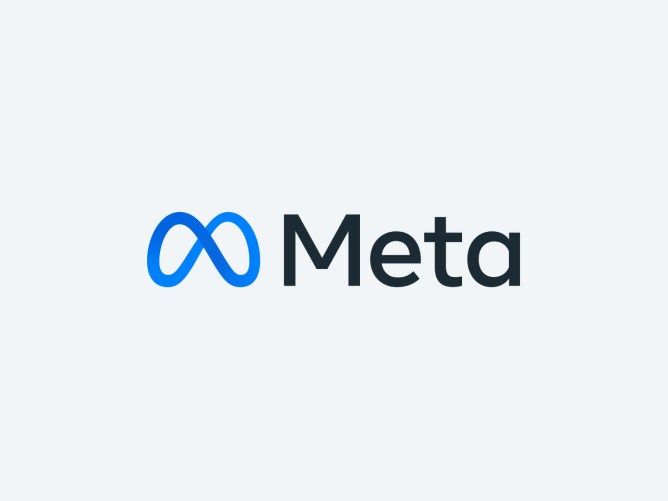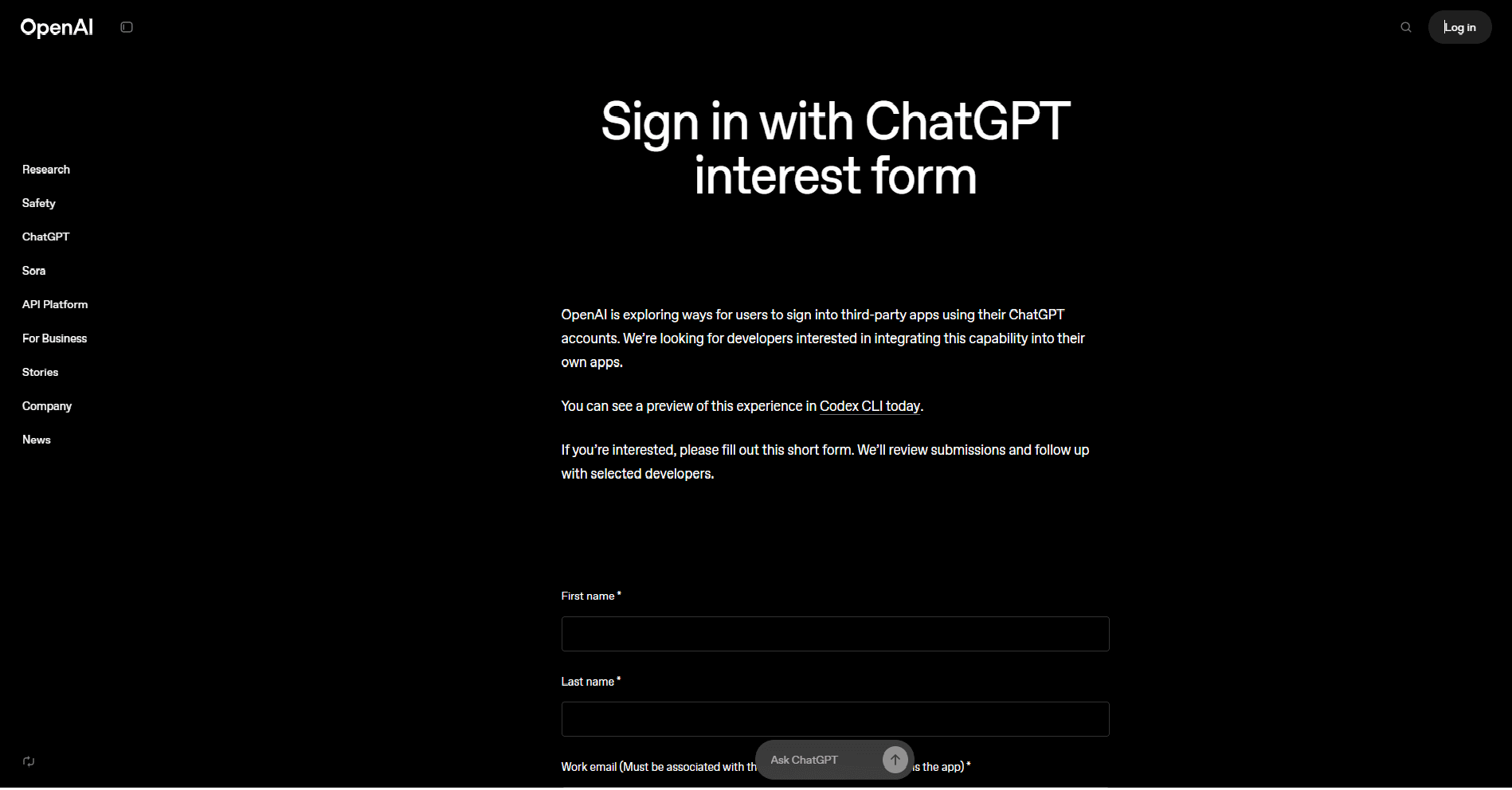TL;DR
- - Palantir is cementing its role in government tech.
- - $113M in federal contracts with 55% growth YoY.
- - Strategic alliances with Accenture, Deloitte extend mission scope.
- - Palantir poised as a central figure in government efficiency revamp plan.
Amid sweeping cost-cutting measures in government, Palantir has successfully carved out a significant role, gaining contracts worth over $113 million this year. This shift not only places Palantir at the forefront of federal AI initiatives but also restructures the fabric of public-private collaborations. Understanding these dynamics provides valuable insights for tech investors and policy makers.
Opening Analysis
Over the past year, Palantir has witnessed unprecedented success in securing government contracts, emerging as a vital partner amidst significant budget cuts. Having received over $113 million this year alone in federal spending, its revenue from U.S. government contracts has surged by 55% year-on-year, according to Palantir's quarterly earnings. This dramatic uptick underscores the company's tactical position within the Trump administration's strategy to optimize costs while fostering innovation through artificial intelligence.
In an era of increasingly lean government expenditure, Palantir has navigated deftly by not replacing but instead integrating its systems with traditional contractors such as Accenture, Deloitte, and Booz Allen. This integration helps safeguard and even expand Palantir's influence across the federal domain.
Market Dynamics
Palantir's collaborations with stalwarts like Accenture signal a shift in dynamics where traditional IT contractors are transforming their strategies to remain competitive. By leveraging Palantir's cutting-edge AI and software capabilities, these companies are redefining their service offerings to the government. Accenture, for instance, has begun retraining its workforce to employ Palantir’s Foundry software, showing a clear preference for tools that enhance operational efficiency across agencies.
Technical Innovation
Palantir's contribution to government efficiency extends into the technical realm, with projects like the IRS's "mega API," heralding a new era of data interoperability. This initiative could serve as a prototype for future governmental digital frameworks, unifying agency systems into a centralized, efficient digital infrastructure. The company's AI technology underpins efforts by agencies like the DOD to enhance real-time decision-making, proving crucial in high-stakes environments.












